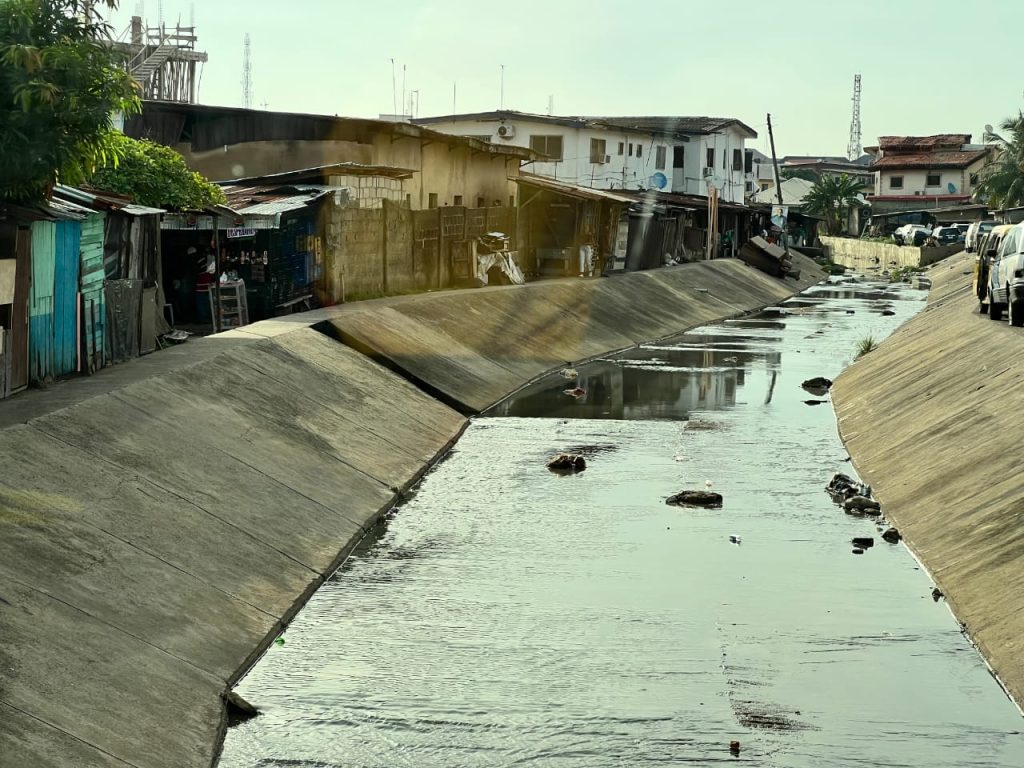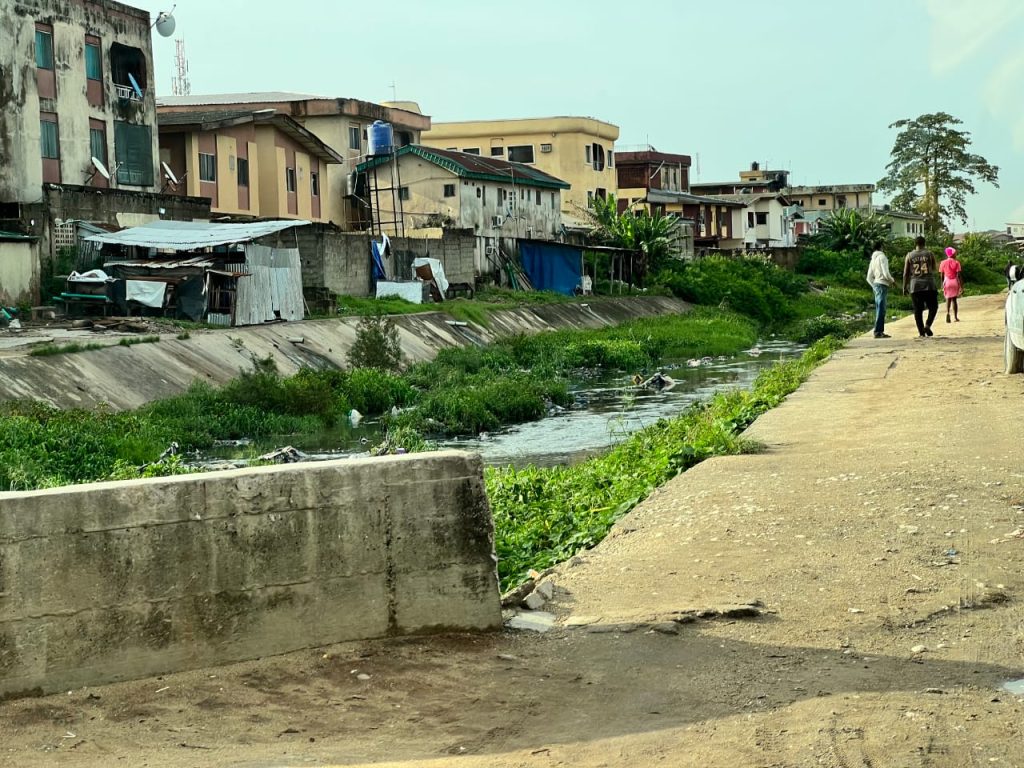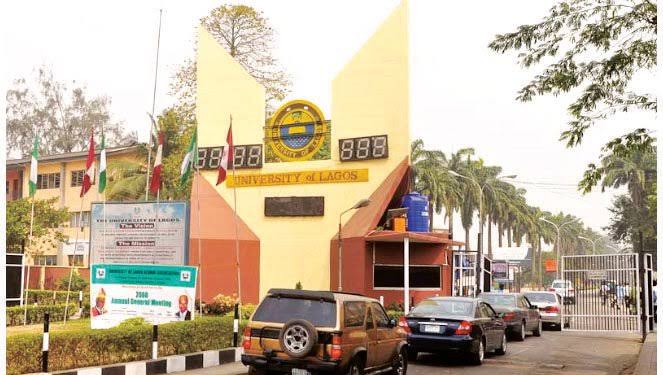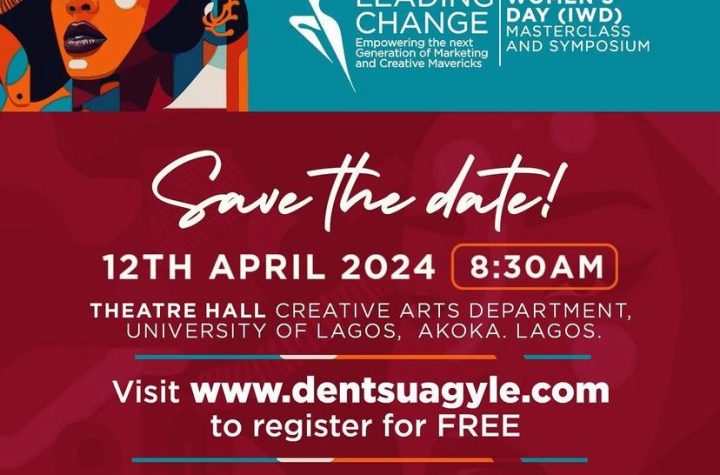By Emmanuel Godwin, Aderayo Ayodele-Oni, Muhammad Abdulrasheed, Aisha Animashaun, Olamilekan Akodu, Aishat Rahaman, Anjolaoluwa Otubu, Comfort Ochigbo, Abdulmatin Jimoh and Onyinyechi Dennis
Residents of Abule Ijesha, a community in Lagos, have voiced growing concerns about the presence of a polluted canal within their vicinity, highlighting a pressing need for increased awareness and action. The contaminated canal not only poses significant environmental hazards but also poses a grave threat to the health and well-being of the community’s inhabitants.

In a series of interviews conducted with local residents, their experiences and worries regarding the deteriorating state of the canal and the associated risks have come to light.
Adebola Alaba, a resident of Abule Ijesha, expressed the difficulties faced by those living in close proximity to the contaminated canal, particularly during periods of heavy rainfall. Alaba conveyed his discomfort, stating, “The canal water gets really uncomfortable, and it’s not nice at all.”

Furthermore, he emphasized the potential health implications arising from the polluted environment, particularly the risks of malaria and typhoid outbreaks.
“There is a lot of dirty water, especially when the rain falls, there will be mosquitoes and everything everywhere, and the water can get polluted which can lead to typhoid,” he warned.
When questioned about the source of the waste found in the canal, Alaba primarily attributed it to the community’s residents, especially those who engage in illegal dumping to evade waste management fees. Alaba stressed the urgent need for remedial measures, stating, “For us to check this dirty habit, first things first, the canal needs to be cleared of all the dirt in it so it will be flowing and free. Asides that, people need to be punished. There should be security around the canal.”
Adegoke, another resident of Abule Ijesha, offered a relatively optimistic perspective on the situation, asserting that the canal does not experience frequent blockages, which suggests a potentially lesser degree of contamination. However, Adegoke acknowledged the significance of raising awareness among community members about proper waste disposal methods. He proposed the implementation of designated collection points or specific disposal days to encourage responsible waste management.

Expressing disappointment with the mass media’s efforts in creating awareness, Adegoke stated, “The performance of mass media is non-existent, to be honest, there’s no awareness created, so I think that might be looked into.”
Funmi, a concerned resident, described the polluted canal as an “eyesore in every sense” and voiced distress over the associated health risks, particularly the potential spread of diseases such as dysentery and malaria. While acknowledging that the waste in the canal is generated by the people in the area, Angela stressed the importance of improving sanitation practices and fostering self-awareness among community members to address the issue effectively.
Adding to the discourse, Raqib Lawal, also a resident of Abule Ijesha, shared a different perspective. Lawal expressed that he personally does not encounter major issues with the canal due to its distance from his location. However, he acknowledged that there are likely health challenges associated with a polluted canal, emphasizing the responsibility of the government to create better drainage systems and maintain the area more effectively.

Tomi, another resident, admitted to being indifferent to the polluted canal, as it does not directly impact her. Nevertheless, she highlighted the numerous health challenges faced by community members, including diarrhoea, malaria, and fever. Tomi agreed that people in the area dispose of their refuse in the canal and expressed disappointment with the lack of proper awareness created by the mass media.
The concerns raised by the residents of Abule Ijesha underscore the urgent need for immediate action and enhanced awareness regarding the polluted canal. Adopting proper waste management practices, regular cleaning of the canal, and launching comprehensive sensitization campaigns are imperative to safeguard the health and well-being of the community.





More Stories
The Effect Of Fuel Subsidy Removal On UNILAG Lecturers
MCSAites, Others Emerge Winners at Dentsu Agyle Business Pitch
Librarian Decries Lack of Inclusion for Visually Impaired